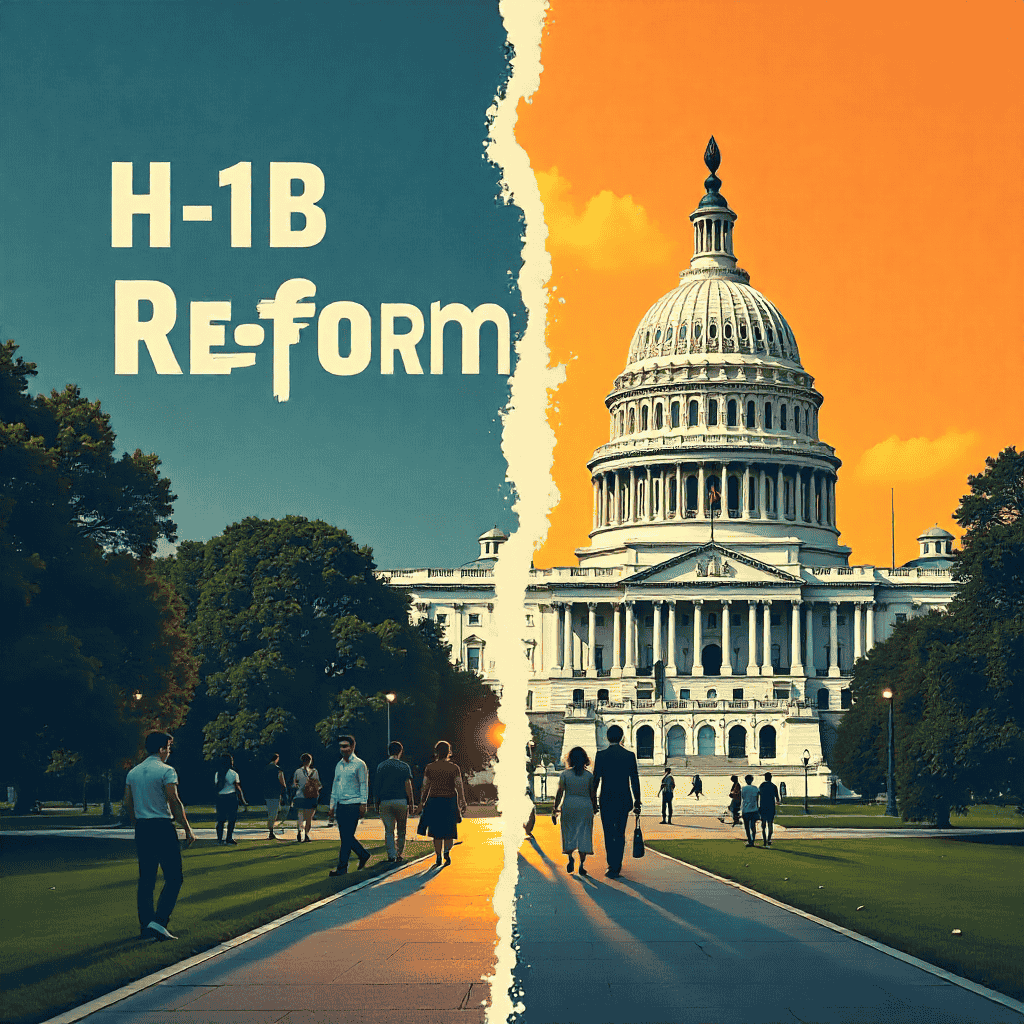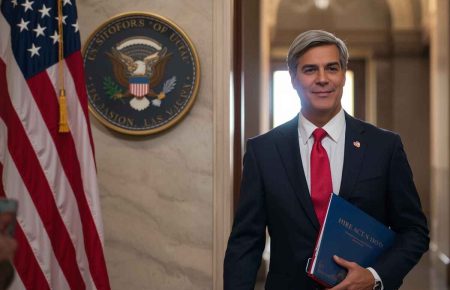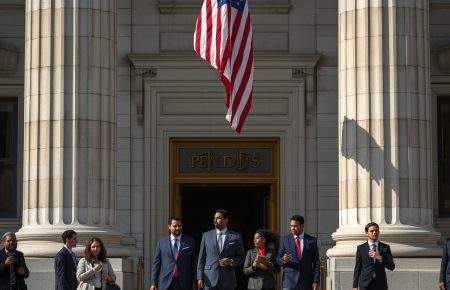H1b visaH1B Visa Overhaul on the Horizon: New Bill Targets University & Research Exemptions — What It Means for U.S. Employers and Foreign Talent
A sweeping legislative proposal is set to shake up America’s H1B visa system — and this time, universities, hospitals, and nonprofit research labs won’t be spared.
Republican Senator Tom Cotton of Arkansas has introduced the Visa Cap Enforcement Act, a bill designed to eliminate long-standing exemptions that allow certain institutions to hire foreign workers without counting them against the annual H-1B cap. If passed, the bill could dramatically reshape how U.S. employers — especially in academia and scientific research — recruit global talent.
American taxpayers shouldn’t subsidize universities importing ideologically driven professors who undermine our values,” Senator Cotton stated. “This bill ends decades of abuse by closing loopholes that let elite institutions bypass immigration rules everyone else must follow.
How the H1B Visa System Works Today
Each fiscal year, the U.S. government issues:
- 65,000 general H1B visas
- An additional 20,000 visas reserved for applicants holding advanced degrees from U.S. institutions
But not all H-1B workers are subject to these caps. Currently, “cap-exempt” employers include:
- Colleges and universities
- Nonprofit or government-affiliated research organizations
- Certain affiliated hospitals and medical centers
- Workers transferring between H-1B employers under specific conditions
These exemptions have allowed institutions like Harvard, Johns Hopkins, and the Mayo Clinic to hire international researchers, physicians, and professors without competing in the annual H-1B lottery.
4 Major Changes Proposed Under the Visa Cap Enforcement Act
1. The 3-Year Reset Rule
Current: Once selected in the H-1B lottery, workers can typically extend their status or switch jobs without re-entering the cap.
New Rule: After three years, even existing H-1B holders must requalify under the annual cap — meaning they’d need to win the lottery again to stay employed legally.
Impact: Creates uncertainty for mid-career professionals and reduces employer flexibility.
2. Universities & Research Orgs Lose Cap-Exempt Status
Current: Academic and nonprofit research employers operate outside the H-1B quota.
New Rule: All new hires — including postdocs, lecturers, and lab scientists — must now be counted toward the 85,000 annual limit.
Impact: Could trigger staffing shortages in STEM fields and delay critical research projects reliant on global talent.
3. Every Job Change Counts Against the Cap
Current: H-1B employees changing employers usually don’t consume a new visa slot.
New Rule: Each new job petition will require a fresh cap number — even within the same sector.
Impact: Limits mobility for skilled workers and weakens their negotiating power with employers.
4. Closing Status Adjustment Loopholes
Current: Some visa transitions (e.g., from student to work status) avoid the cap through administrative interpretations.
New Rule: These technical workarounds would be eliminated — ensuring nearly every H-1B petition counts against the national ceiling.
Impact: Tightens overall access, potentially shrinking the pool of available visas for private-sector tech firms too.
Why This Matters Beyond Academia
While framed as targeting “woke professors,” the bill’s ripple effects will be felt across industries:
- Healthcare systems may struggle to fill physician and specialist roles currently filled via university-affiliated hospitals.
- Biotech startups partnering with research universities could face delays hiring key personnel.
- Tech companies already squeezed by H-1B scarcity may see even fiercer competition for limited slots.
The Department of Homeland Security oversees H-1B implementation. For official policy context and current regulations, visit the U.S. Citizenship and Immigration Services (USCIS) H-1B page.
What’s Next?
The bill is unlikely to pass before the 2024 elections but signals a growing bipartisan appetite for H-1B reform. Similar proposals have surfaced in prior Congresses, often stalling due to pushback from higher education and tech lobbies.
However, with rising political pressure around immigration enforcement and workforce nationalism, elements of this legislation could resurface in future compromise bills — especially if control of Congress shifts hands.
Final Thoughts
The Visa Cap Enforcement Act isn’t just about capping visas — it’s about redefining who gets preferential access to America’s most sought-after work permits. Whether you view it as overdue accountability or a threat to innovation, one thing is clear: the era of unlimited academic hiring under H-1B may be coming to an end.
Stay informed. Stay compliant. And prepare for a tighter, more competitive H1B VISA landscape ahead.
READ MORE: Job Visa Sponsor





